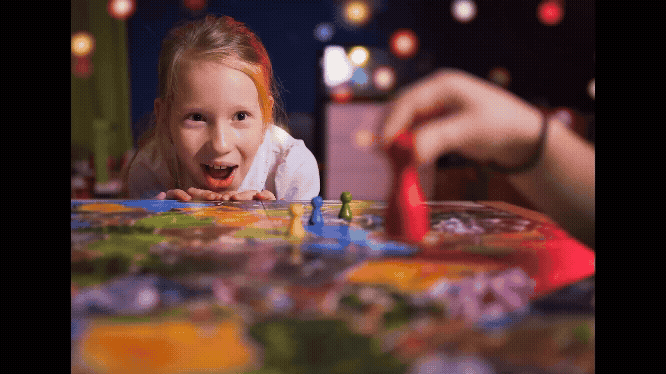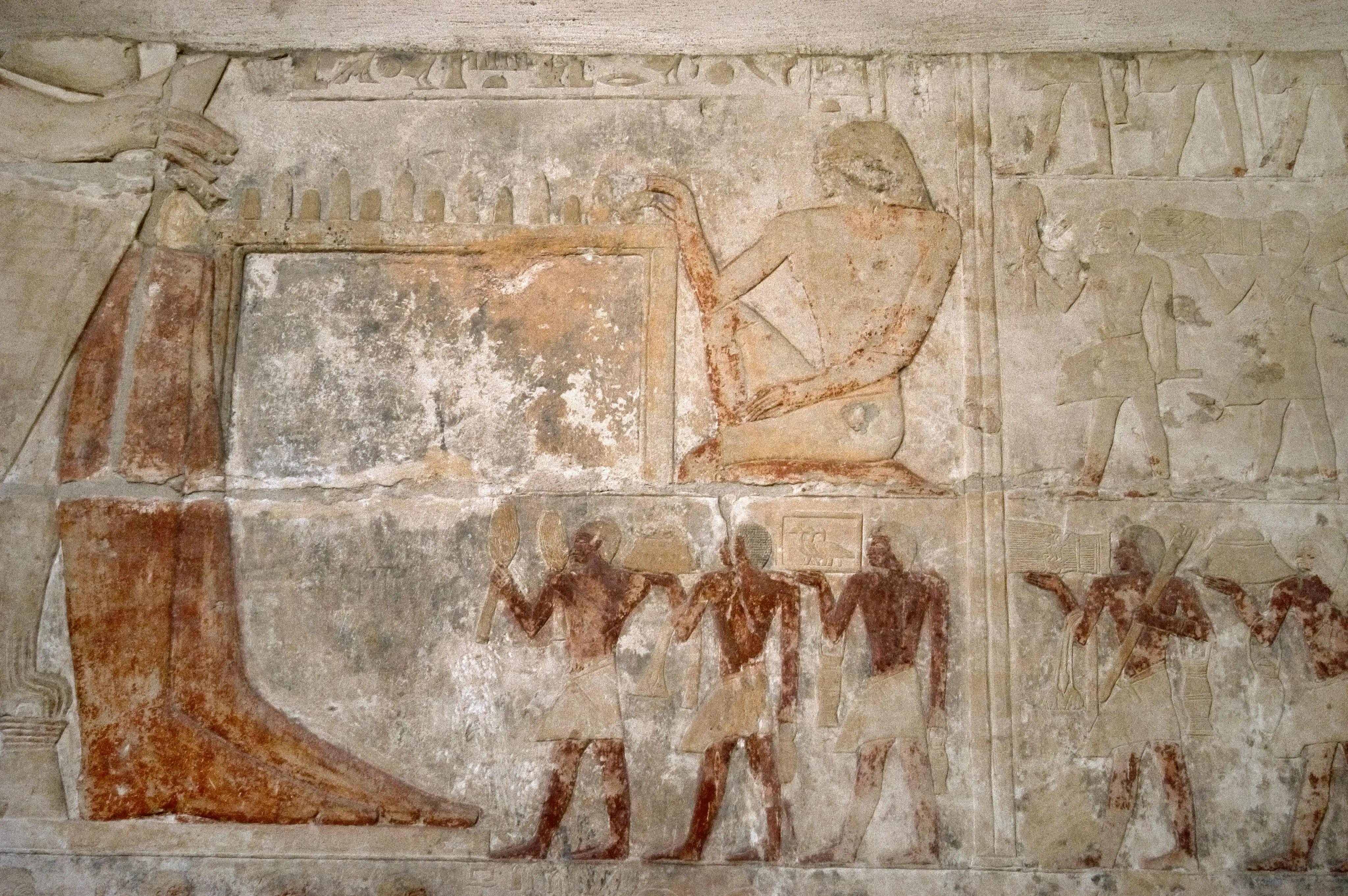
Arts & Culture
Games don't build communities – communities build games

From cooperative space adventures teaching neurodivergent teens collaboration to VR taking biology students inside the human body, educators are harnessing the power of play
Published 7 October 2025
Games, both analogue and digital, have been an integral part of human culture for millennia, serving as tools for socialising, entertainment – and learning.
From ancient board games like Senet in Egypt to the global phenomenon of Minecraft, games have consistently captivated our imagination and shaped our interactions.

In recent decades, technological advancements and increased access to hardware and software have revolutionised the gaming landscape.
Today, gaming is not just a pastime but a significant social and cultural practice that influences how we learn, communicate and perceive the world around us.
In education, games have long been recognised for their potential to engage learners and facilitate understanding of complex concepts.
This digital transformation has led to a proliferation of digital games in formal learning environments – from primary schools to universities.
Simultaneously, there has been an explosion in hype about the potential effects, both positive and negative, of digital games on a range of student outcomes, including cognitive skills, motivation and academic achievement.

Arts & Culture
Games don't build communities – communities build games
There are some fascinating examples of digital game use in education that show there are multiple ways to think about the relationship between games and learning.
But it’s not always about increasing efficiency or maximising learning outcomes.
Associate Professor Matt Harrison, Faculty of Education and Jess Rowlings, CEO and co-founder, Next Level Collaboration
Digital games can be powerful spaces for both skill development and building social connections, as they draw on players’ strengths in language, imagination and knowledge of gaming lore and conventions.
Next Level Collaboration, a social enterprise founded at the University of Melbourne, builds on this by using cooperative video games as shared spaces where neurodivergent young people can practise skills like collaboration, problem-solving and teamwork.
Rather than focusing on how these skills are performed, the program takes a neurodiversity-affirming approach that values the outcomes of skill use in practical settings.
Structured in three stages: explicit teaching, supported gameplay and guided reflection – gamers can apply their individual strengths and experiment with different roles.
A standout game in the Next Level Collaboration program is Lovers in a Dangerous Spacetime, a cooperative space adventure where players must navigate, defend and attack to keep their colourful spaceship afloat.
The game is deliberately designed so that no single player can manage every task, which naturally encourages communication, interdependence and trust.
As players move between turrets, shields and navigation consoles, they can practise leadership, turn-taking and coordination – often under playful pressure.
Its vibrant visuals and fast-paced mechanics reward creativity and adaptability, creating moments where collaborative skills emerge organically.

Arts & Culture
Gaming can be a machine for empathy
Program facilitators can support this by modelling effective strategies and helping participants reflect on their choices, ensuring the learning goes beyond the screen.
Dr Alex Bacalja, Faculty of Education
The school subject English tends to focus on texts and our relationship with them.
Talk of immersive and interactive storytelling suggests that digital games are ripe for use in English classrooms, but we need to think carefully about how we leverage these technologies to support teaching and learning.
In my research, I've found that digital games are being used in English classrooms in a wide range of playful ways.
The supportive arguments usually centre on relevance and culture.
First, we can make school English more relevant by giving students opportunities to study those texts that are meaningful to them, and in doing so, increase engagement and motivation in schooling.

Second, school English has a mandate to support students to understand a wide range of cultural texts and practices, including those that sit outside of the print-based canon (like movies and digital games).
This second argument includes an emphasis on supporting students to critically engage with digital games – challenging assumptions about their place in the world.
Critical digital game literacies (CDGLs) education is emerging as one way to work with digital games in schools.
CDGLs are about investigating power relations and paying more attention to the ways social, cultural and material factors shape how digital game technologies are imagined, developed, used and resisted.
The English classroom then becomes a place for investigating those problematic aspects of digital games, including racist and sexist representations, the normalisation of violence and game-related gambling.

Politics & Society
Video games combine every kind of storytelling – and invent new ones
Ben Loveridge, Immersive Media (AR/VR)
At the University of Melbourne’s Immersive Learning Lab, digital games and virtual reality (VR) are used to make learning more engaging, immersive and effective for students.
These technologies bring play and creativity into higher education, from group virtual art-making and narrative exploration to performance training.
I don’t want to read a textbook again. I just want to learn everything through virtual reality.Comment from a first-year biology student after taking an immersive experience through the human body.
My own fascination with games as learning tools began in primary school, when adventure and geography games like Transylvania and Where in the World is Carmen Sandiego were integrated into classroom projects.
I again felt the sense of awe and wonder when trying VR for the first time in 2013. It's this feeling I aim to bring to students as part of the Immersive Learning Lab experience.
Biology students can explore BodyVR to understand cellular structures.
1 / 6
Ritchie’s Plank Experience demonstrates VR’s powerful psychological effects and has been used in research on music performance training.
Mainstream commercial games have also entered the classroom.
Ubisoft’s Assassin’s Creed Unity and Assassin’s Creed Origins provide rich historical backdrops for subjects on the French Revolution and Ancient Egypt.
3D virtual reality tools like Tiltbrush are used to inspire VCA animation students in their work, as well as used in a Synaesthesia creative research project.
And game development tool Unreal Engine powers the VCA LED Studio Volume, connecting creative practice to cutting-edge industry technology.

Arts & Culture
All the world’s a game (and we are all players)
As digital games continue to evolve as educational tools, educators should continue to harness their benefits to enhance student motivation, engagement and collaboration.
By fostering partnerships with the games industry, we can further embed games into the curriculum, help unlock creativity and ultimately improve teaching outcomes.